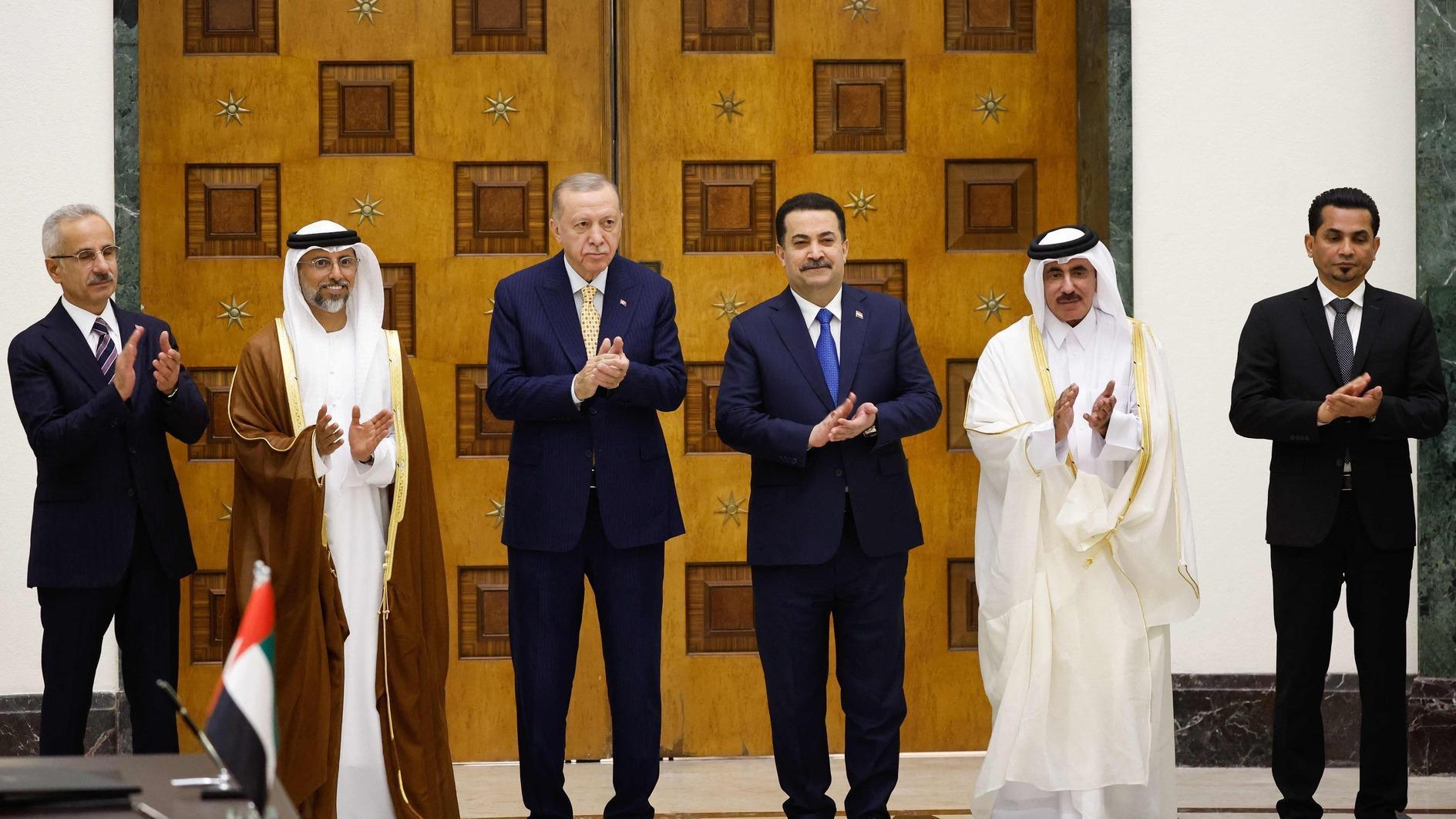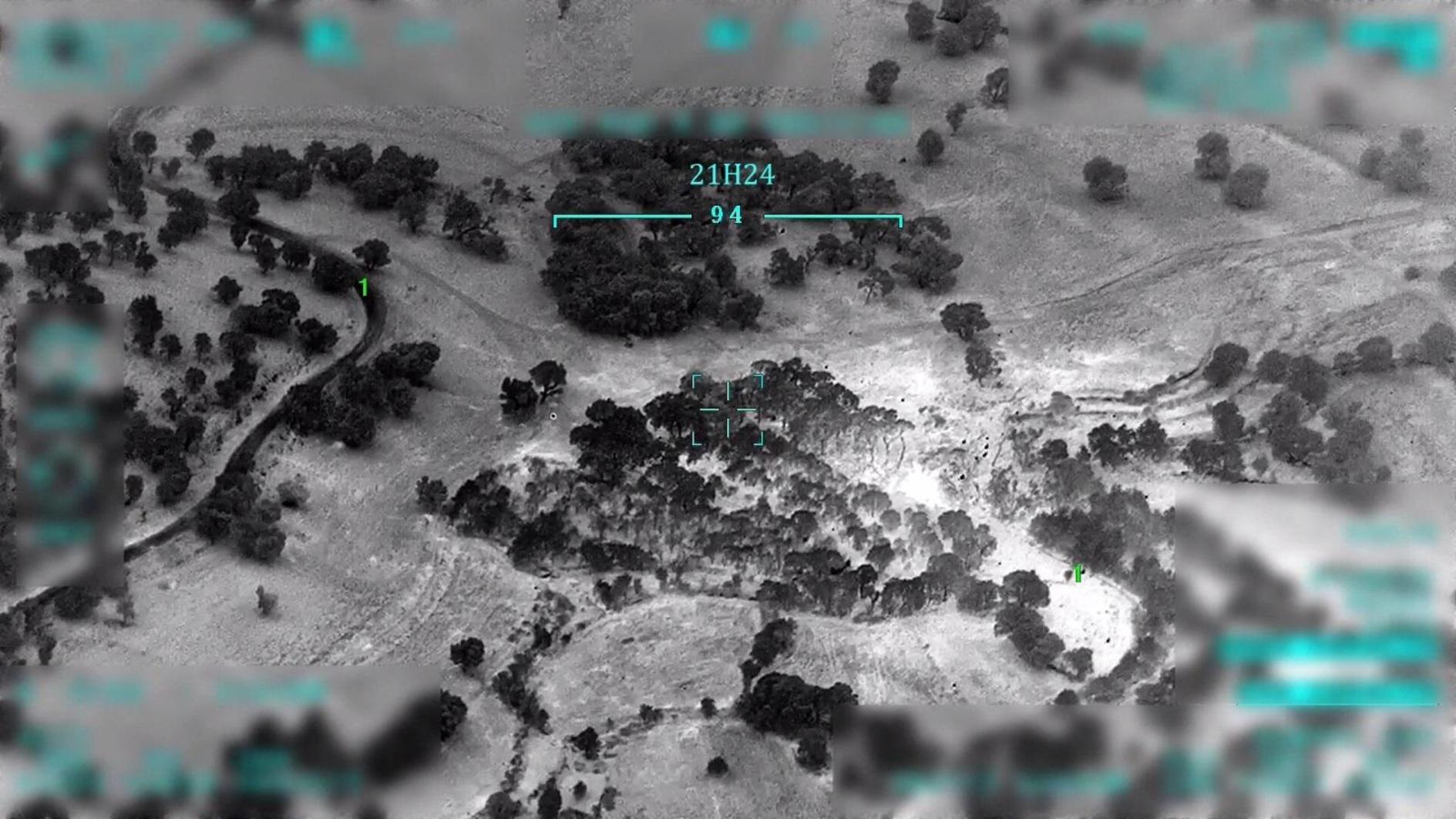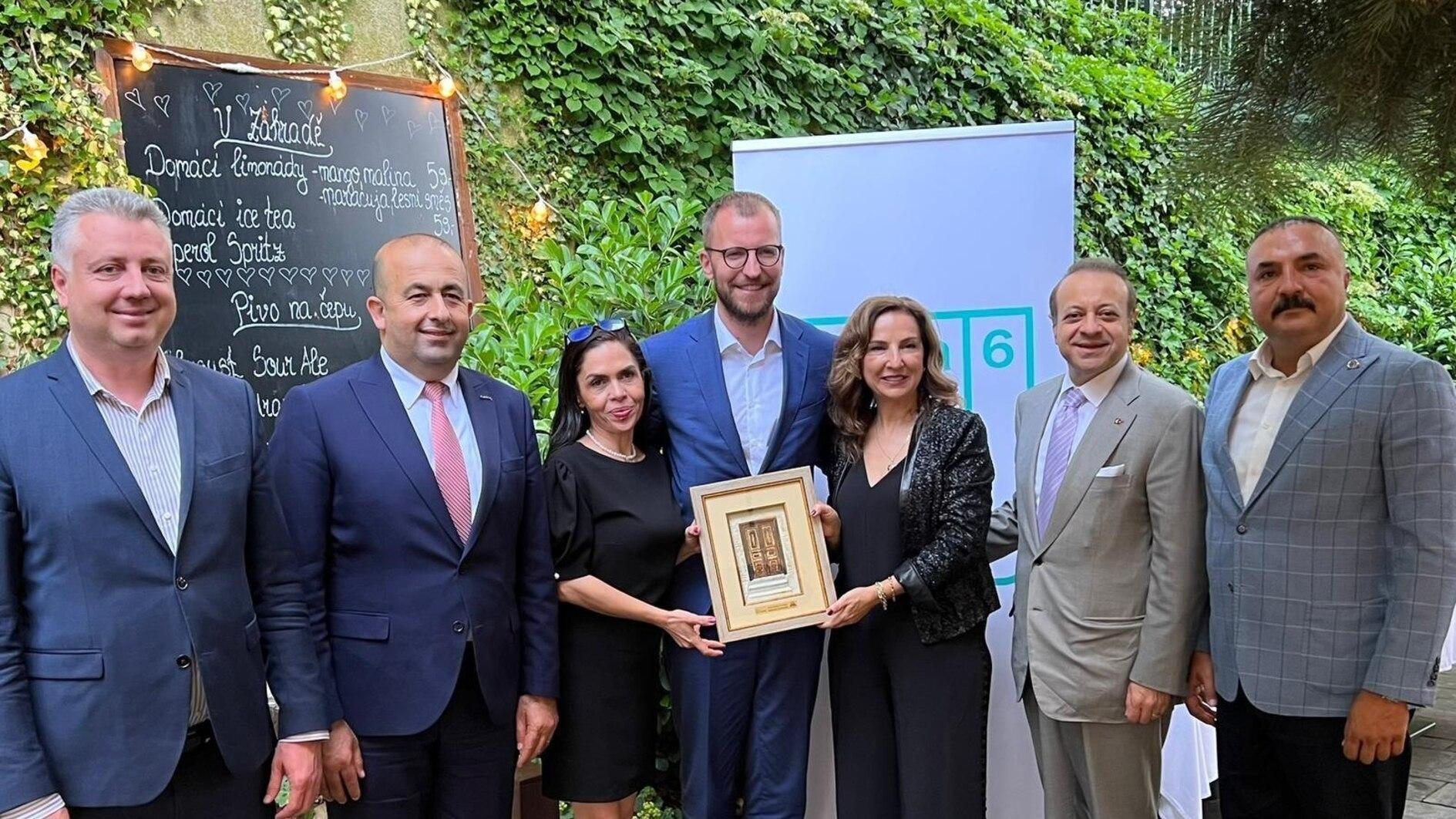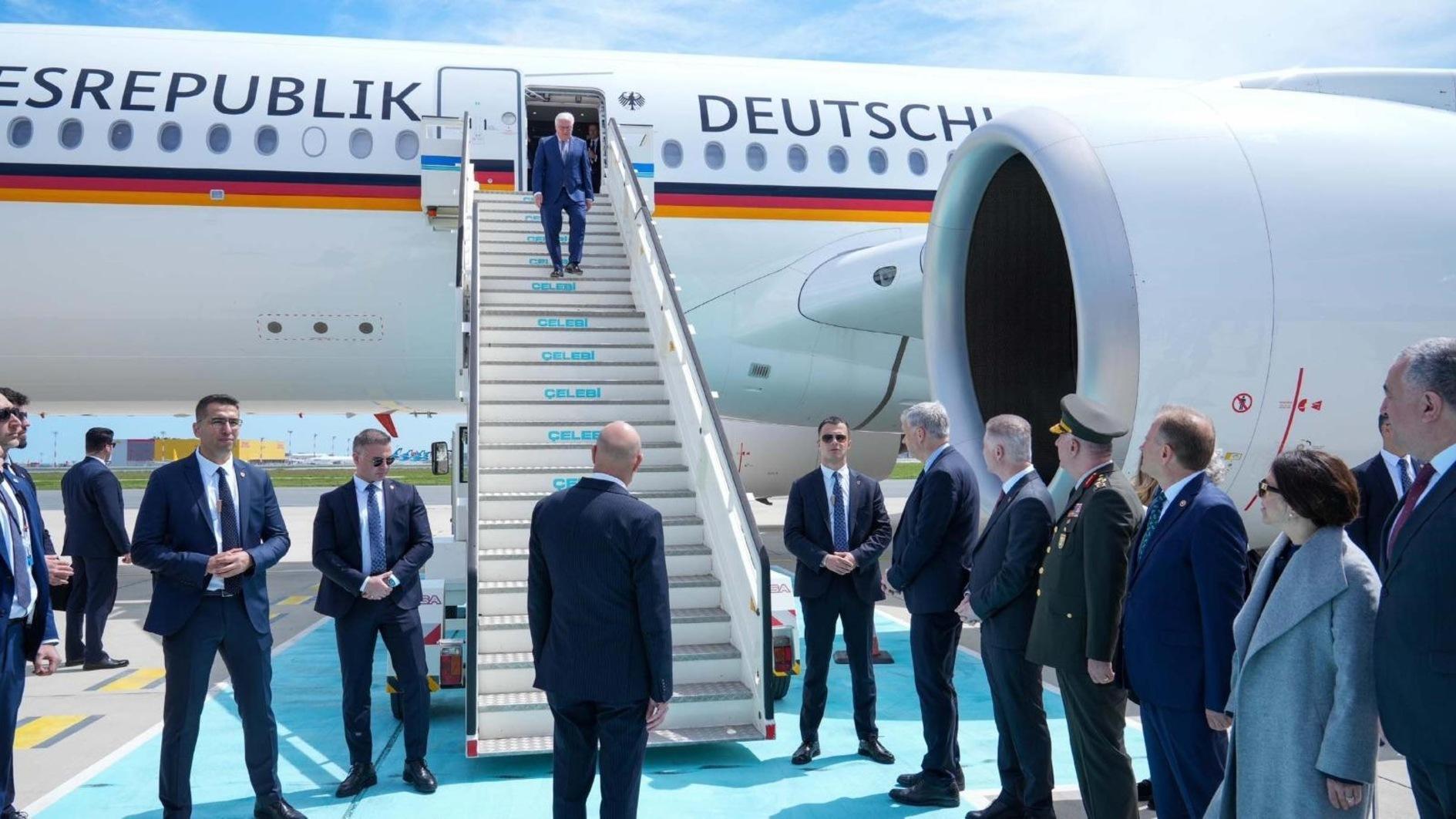US visa crisis to be solved soon: Presidential spokesperson
ANKARA
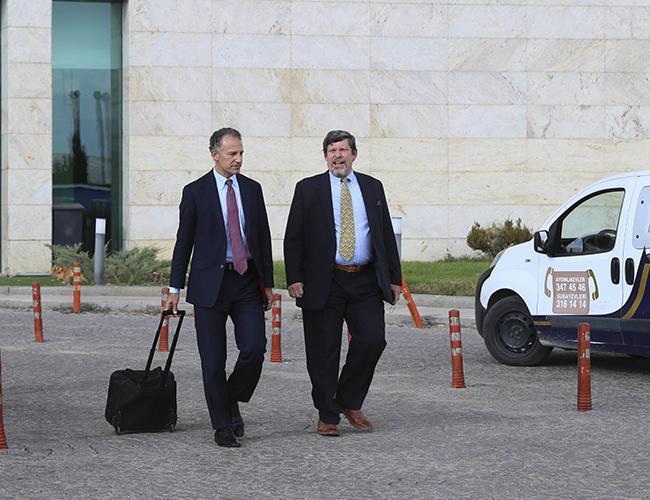
Turkey’s talks with the United States over an ongoing visa crisis are going in a “good direction” and details will be clarified in a couple of days, Presidential Spokesperson İbrahim Kalın said on Oct. 18.
“I believe this problem will be resolved soon,” Kalın said in a televised interview.
“U.S. officials in Ankara will convey Turkey’s messages to Washington. What we have agreed is that there should be better coordination between the interior, foreign and justice ministries, the exchange of information, visit to the arrested persons and their contacts with lawmakers,” Kalın stated.
Turkish and U.S. diplomats had talks in Ankara on Oct. 18 to resolve the crisis between the two allies escalated after Washington suspended all non-immigrant visa applications in its diplomatic missions in Turkey in reaction to the arrest of a local employee at its Istanbul Consulate over terror charges.
Washington is asking Ankara to share “qualified information” on the two arrested consulate staff and for any possible future judicial processes regarding the U.S. diplomatic mission personnel, Hürriyet Daily News has learnt.
U.S. Deputy Assistant Secretary Jonathan Cohen had talks with a Turkish delegation led by Foreign Ministry Deputy Undersecretary Ahmet Muhtar Gün with the participation of deputy undersecretaries of the interior and justice ministries.
“This was an unnecessary crisis,” Foreign Minister Mevlüt Çavuşoğlu told reporters on Oct. 18 at a joint press conference with visiting Portuguese Foreign Minister. The minister stressed the independence of the Turkish judiciary, saying that Ankara will not accept any imposition on these processes.
“We will cooperate if their demands meet the rules of our constitution but we will not succumb to impositions and we will reject any conditions that we cannot meet,” he said.
He said Turkey supported cooperation with the U.S. “It’s useful to assess how we can cooperate in these matters, including information sharing,” he said.
He described the visa suspension decision of the U.S. as an “immature diplomatic approach” and criticized the effect it had on civilians.
The U.S. Embassy in Ankara and other U.S. diplomatic missions in Turkey halted all non-immigrant visa applications as of Oct. 9 following the arrest of Metin Topuz, a local employee tasked to carry out cooperation with the Turkish law enforcement on issues concerning drug trafficking as well as organized crime.
Topuz was arrested because of his alleged links with former judicial personnel and police officers who have been expelled on grounds that they were members of the Fethullahist Terrorist Organization (FETÖ). Apart from Topuz, another Turkish employee was also sought by the police on the same charges. The employee’s wife and daughter have also been held by the police but were later released.
Former U.S. Ambassador to Ankara John Bass had criticized the Turkish government for not providing information on the arrest of Topuz.
‘Barzani miscalculated independence referendum’
The Iraqi Kurdistan Regional Government (KRG) has miscalculated the consequences of holding an independence referendum, Çavuşoğlu said.
“They thought they would get more but they didn’t. They thought the Kurds would unite, but on the contrary, the Kurds in Iraq are unfortunately divided. There is huge chaos and confusion,” he said.
Çavuşoğlu said the Iraqi central government’s criteria and their measures for sanctions against the KRG will be a guideline for Ankara as well.
Iranian deputy president to visit Ankara
Meanwhile, Iranian First Deputy President Eshaq Jahangiri will have talks with Prime Minister Binali Yıldırım on Oct. 19, amid the increasing regional pressure on the Iraqi Kurds.
Turkey, Iran and Iraq have agreed to coordinate counter-measures against northern Iraq.
In a joint statement ahead of the referendum, the foreign ministers of the three countries voiced concerns that the referendum would endanger the gains Iraq has made against the Islamic State of Iraq and the Levant (ISIL), and reiterated their fears over the potential for new conflicts in the region.
Jahangiri will attend the D-8 meeting of the Organization for Economic Cooperation, also known as Developing-8, on Oct. 20 in Istanbul.


